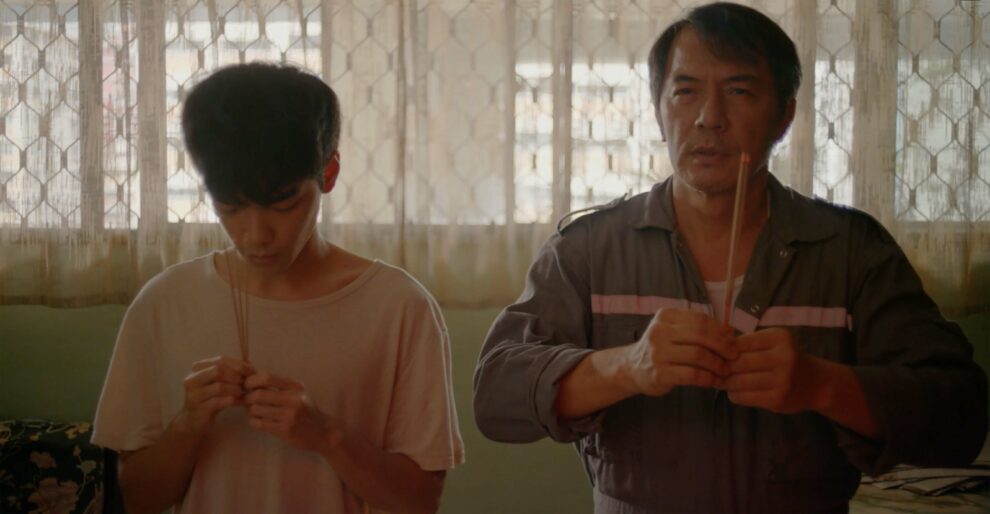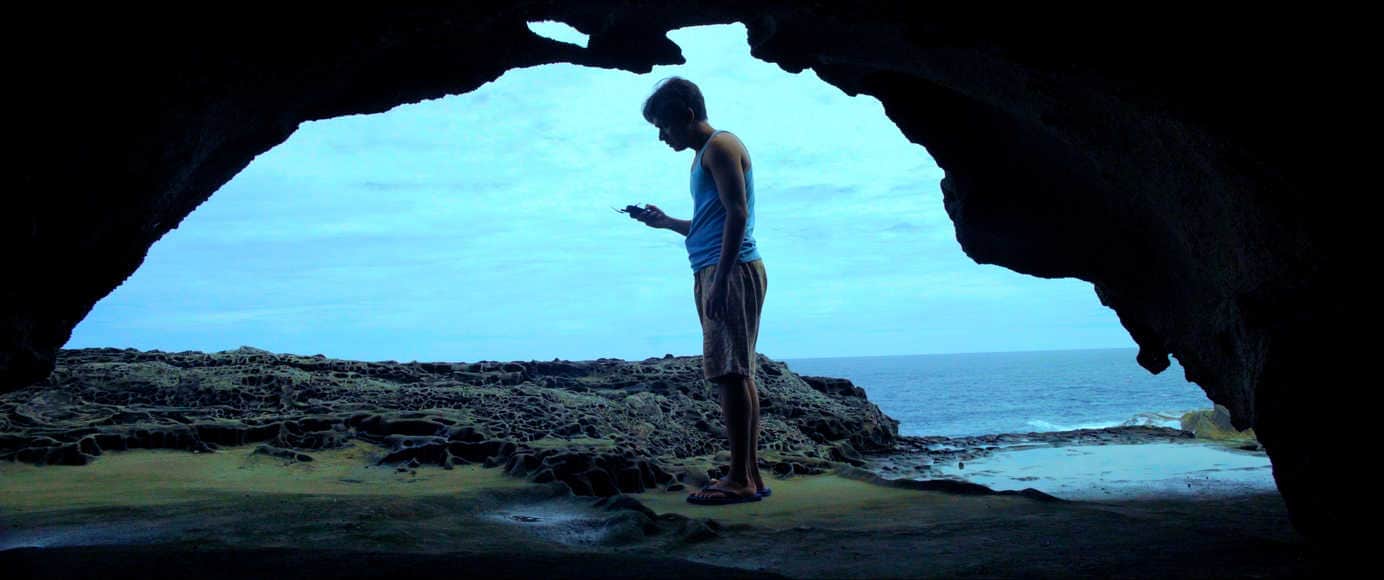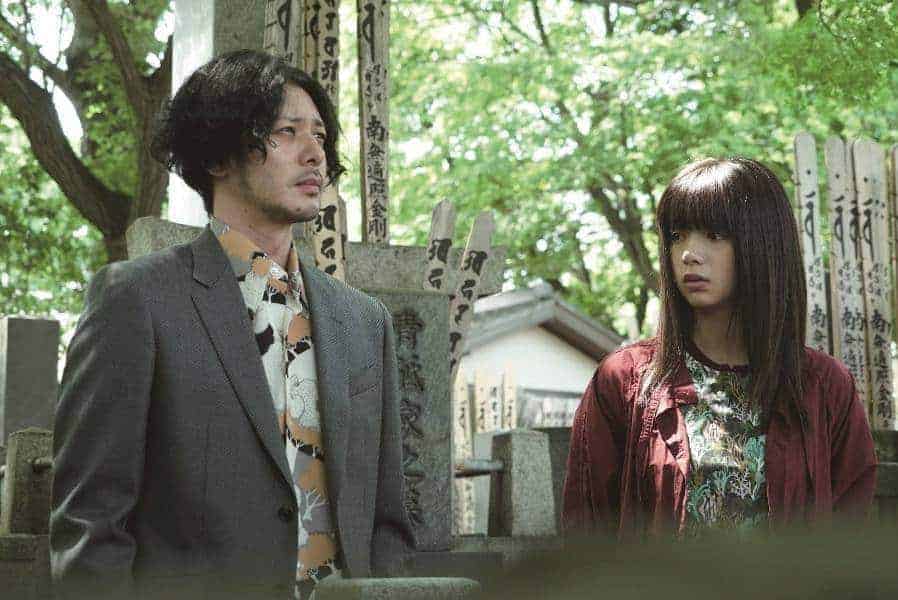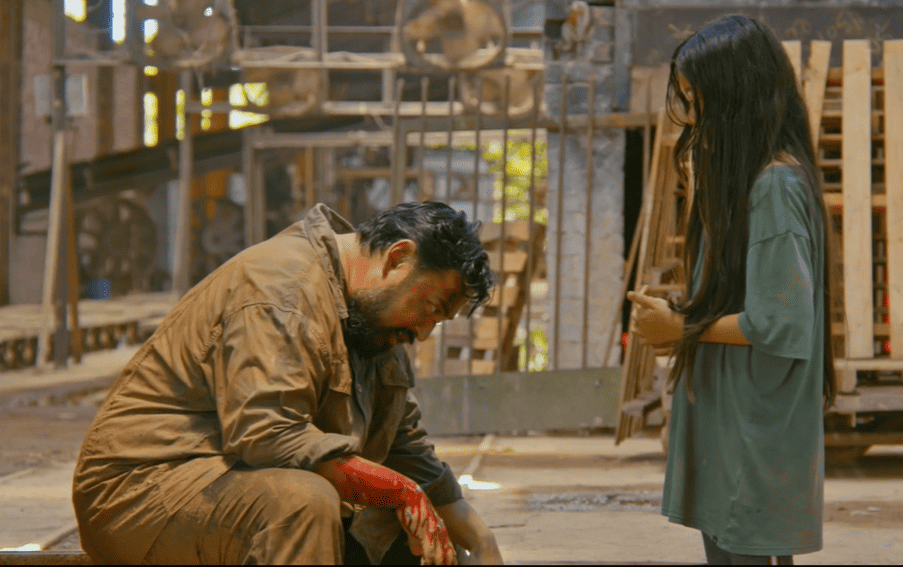Nothing can damage you as much as your upbringing, and the lack of parental love at home. Growing up with a single father Chua (multiple awarded Taiwanese actor/ director/ screenwriter Leon Dai) who is incapable of expressing his emotions, the sixteen-year-old Meng (Edward Tan) is slowly transforming into the spitting image of him, projecting the frustration and anger about the life he was born into. “Can you stop being a good-for-nothing? is the thing he gets to hear between the blows he endures at home, instead of comfort for being the targeted victim at school. From a peaceful and loving boy, he briefly becomes a radically opposite person, pushed to evolve into another working class bully. So, where does he go from there once the father is dead and gone?
Tomorrow is a Long Time is screening at Berlinale
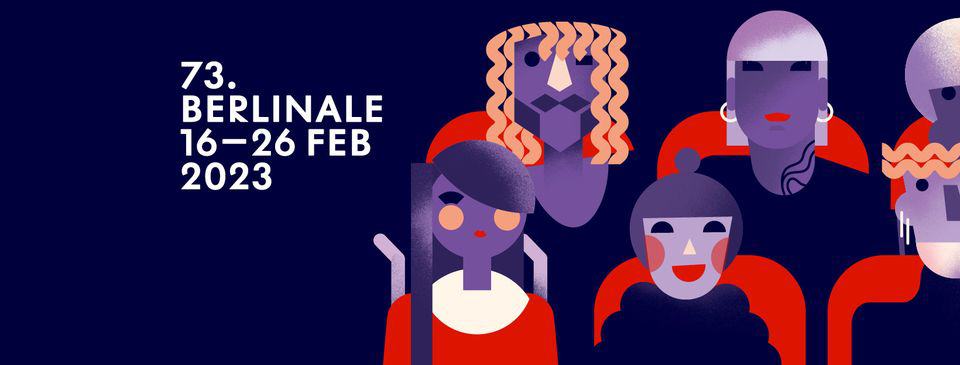
Jow Zhi Wei paints a painfully relatable picture of broken family relationships, not straight-out black and white, but in all shades of inherited class frustrations and gender-related behavioral patterns. As much as one would like to condemn Chua for his stiffness in relationship to Meng, there are clear indications to why he is the person he is, very much broken, but nevertheless empathetic when there is no one to witness his feelings. There are two scenes showing him in his right colors, the one in which he reacts with extreme pain when one of the young, illegal workers gets no adequate help because he is undocumented, and the other one when he tacks in his sleeping son in blanket, gently stroking his head.
Chua is gone, the victim of the beck-breaking work that gave him no spare time to recover, to take a break and be a parent. His lifeless body is Meng's warning that an honest job won't bring him anywhere but to a shallow grave. He is still left with only one option.
The transition between the first part of the film set against the backdrop of a merciless capitalist environment, and the second following Meng's venture into the extremely masculine world of the military is abrupt but natural, given that he was wrongly accused of injuring his bully as ‘the gang leader'. The army, compulsive for all young men in Singapore, is his punishment for the alleged crime, as means of teaching him discipline and the difference between right and wrong. The teen explores his own limits of endurance, at the same time rejecting the expectations of his superiors. Violence is, as it turns out, not something that he could whole-heartedly embrace, but nature is. In the almost same manner as Joanna Hogg examined space in “Exhibition” (2013), Jow Zhi Wei does it with his lead in the open, letting Edward Tan becoming one with the river and the bulky rocks.
Extreme white backgrounds highlight the youth's state of mind, when he is leaning against the wall feeling emotionally-drained. It is the anti-fashion campain we are facing, and a break-free moment for a young man without any clear agenda where to land next. When he is faced with limited options for his future, Meng realizes that the two worlds he was meant to chose between are not different at all.
Jow Zhi Wei's debut feature that celebrated its world premiere in Berlin's Generation 14+ plus program, is a ripe work that deconstructs the generally tolerated ways of the hungry capitalist machinery. Both Edward Tan and Laon Dai bring the best to the table, embraced by Russel Morton's stylish photography that makes the industrial jungle almost as attractive as the natural setting the film moves to in its second half. In the green maze Meng finds himself in, there are as few signposts to help him out, as he had in his previous chapter of life. The pleasant to the eye colors of the jungle are as treacherous: peace of mind is nowhere near.


